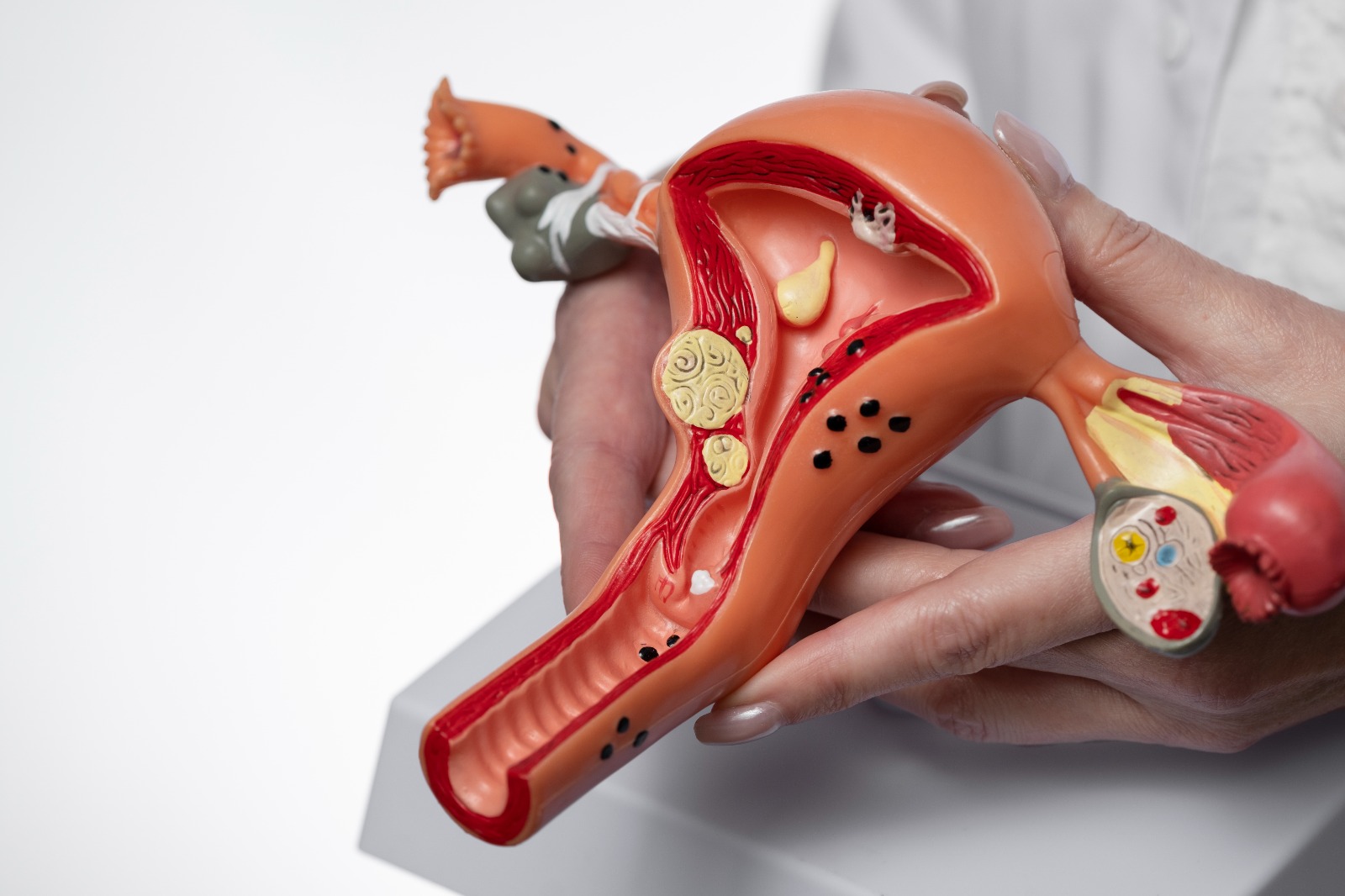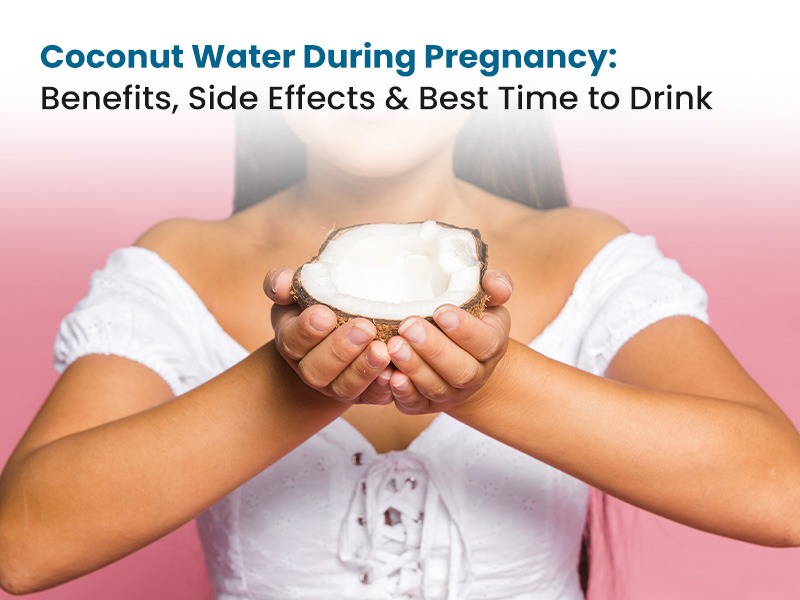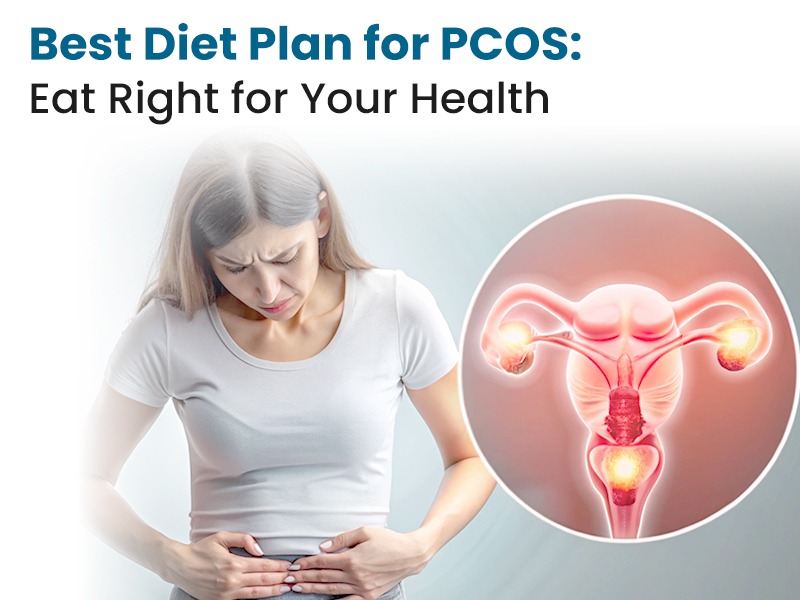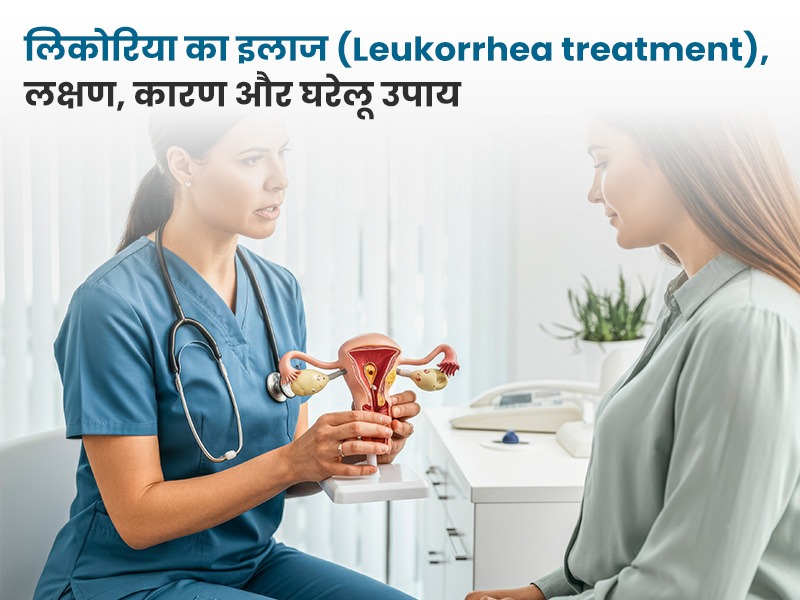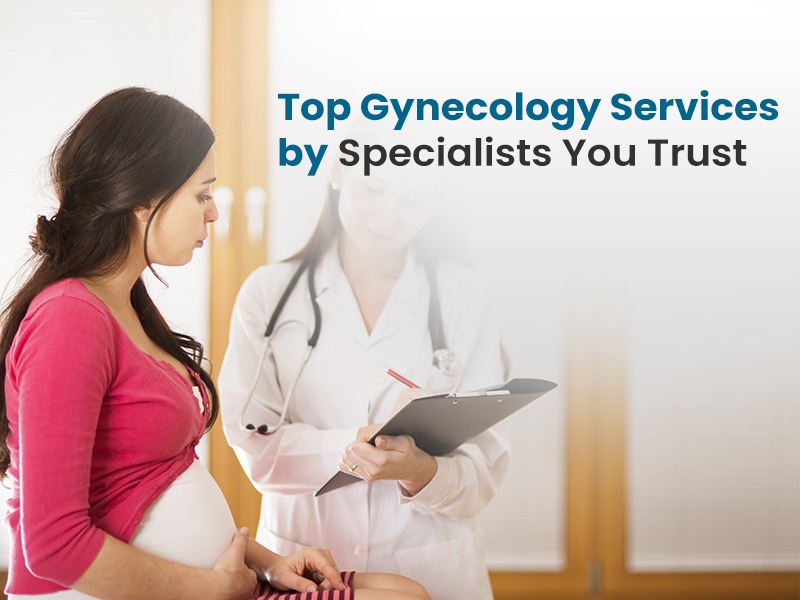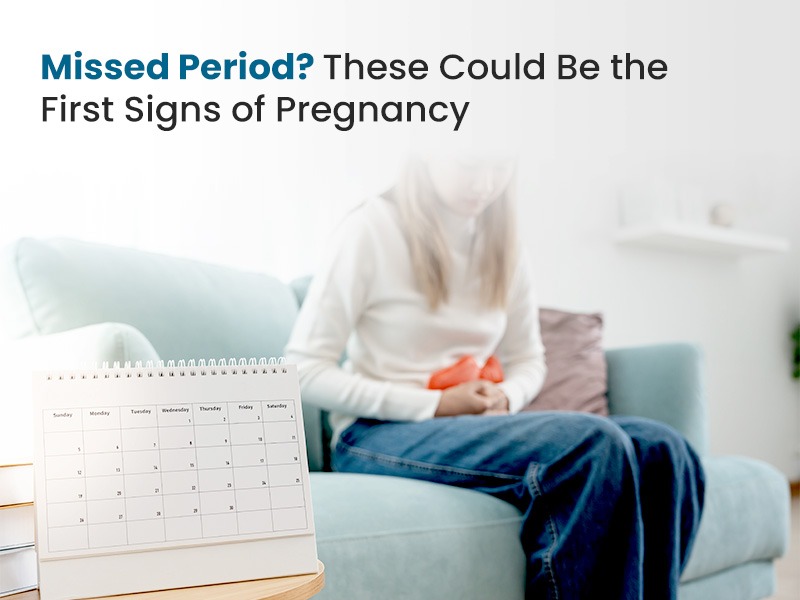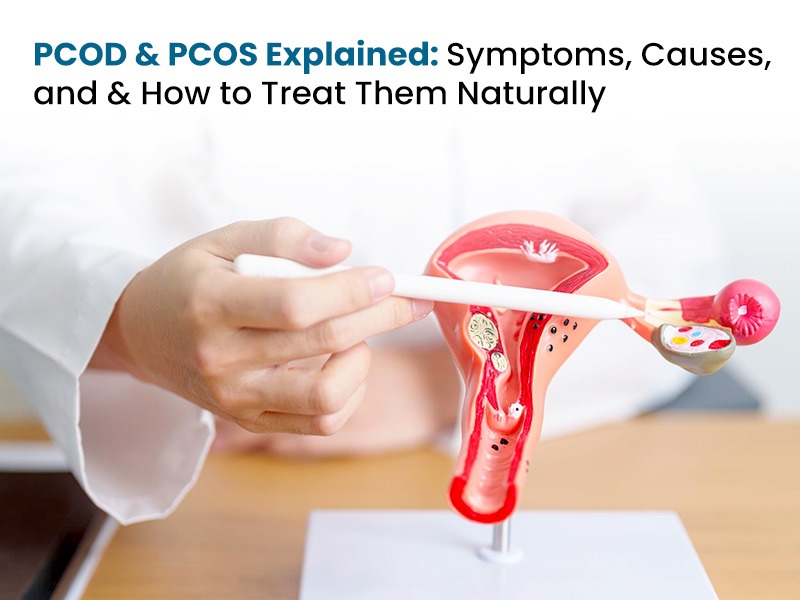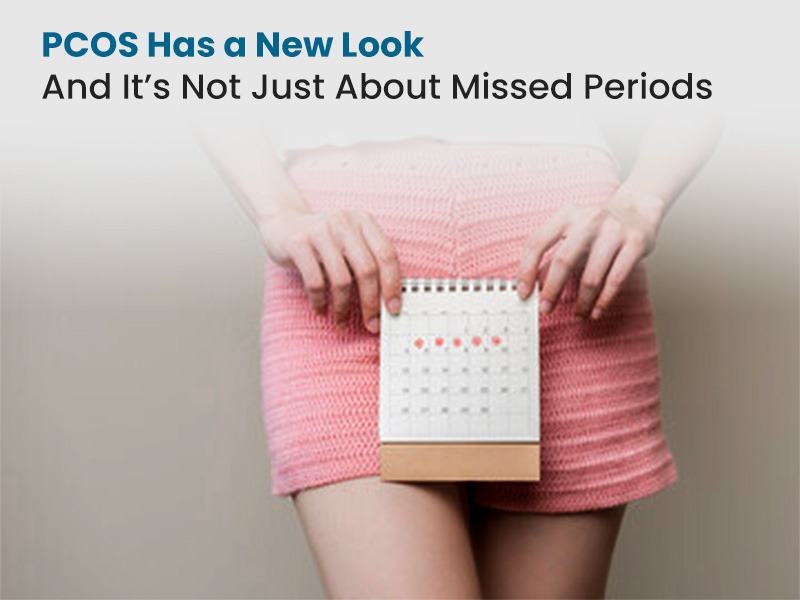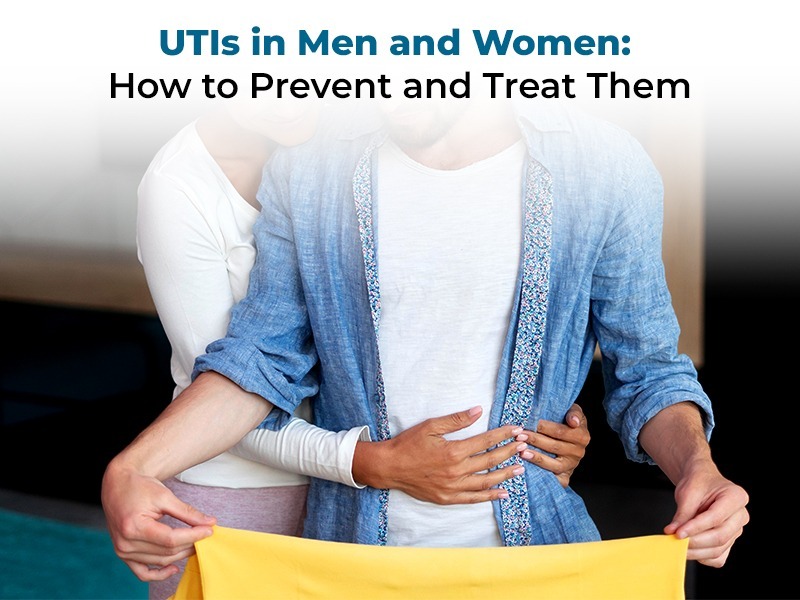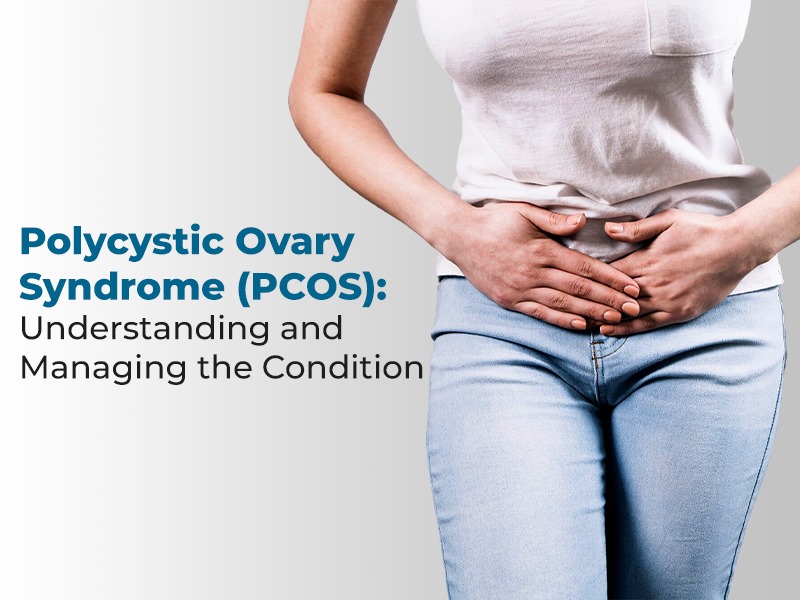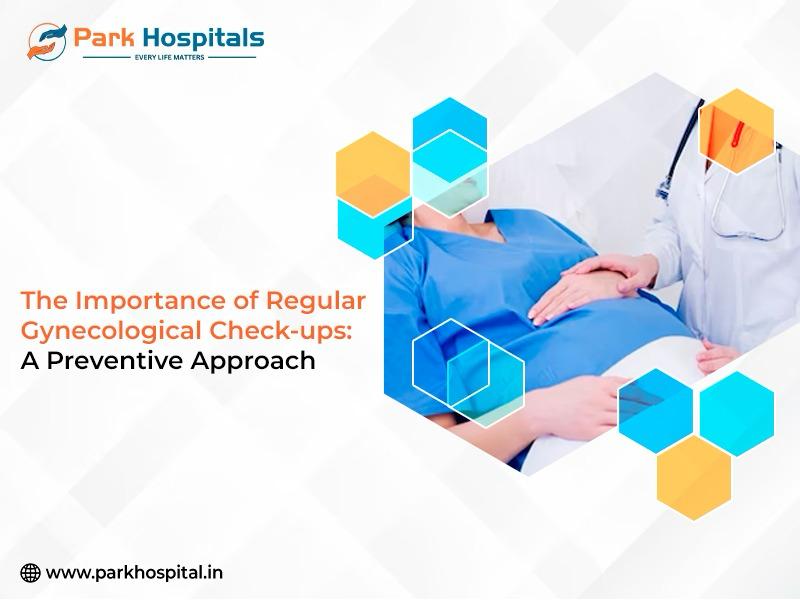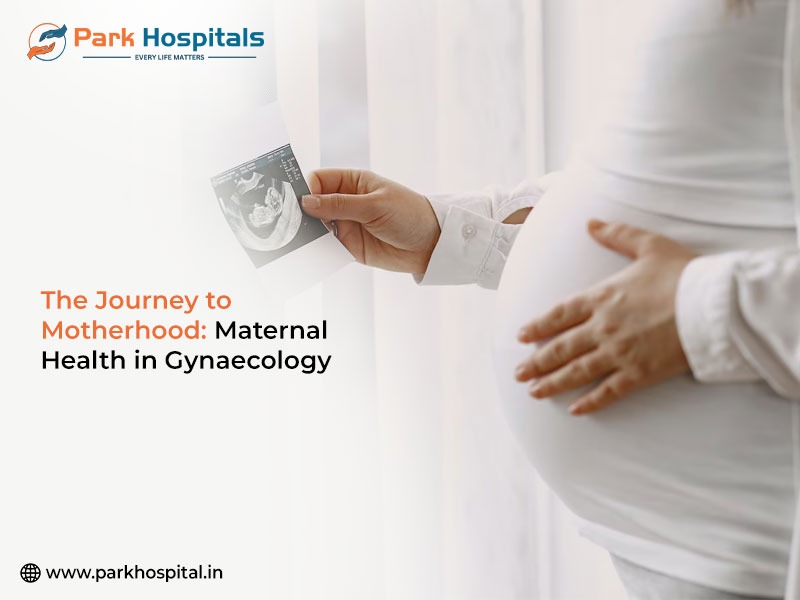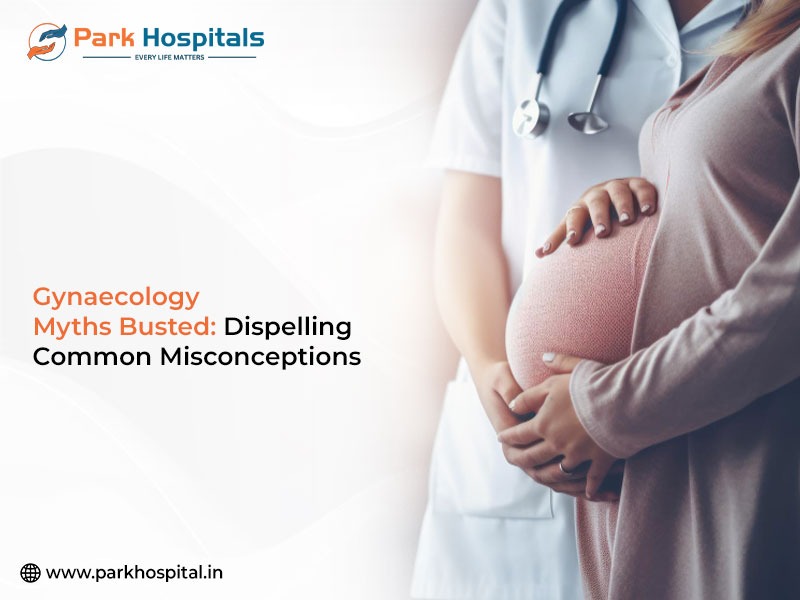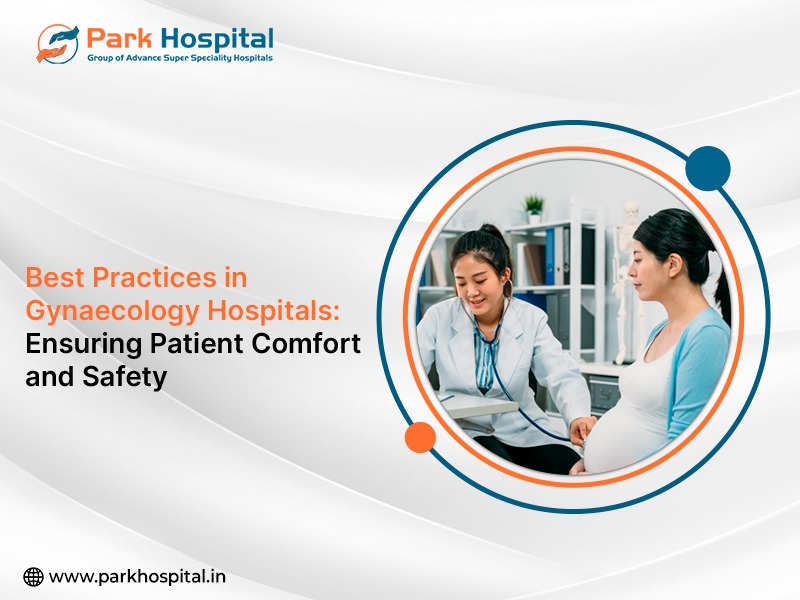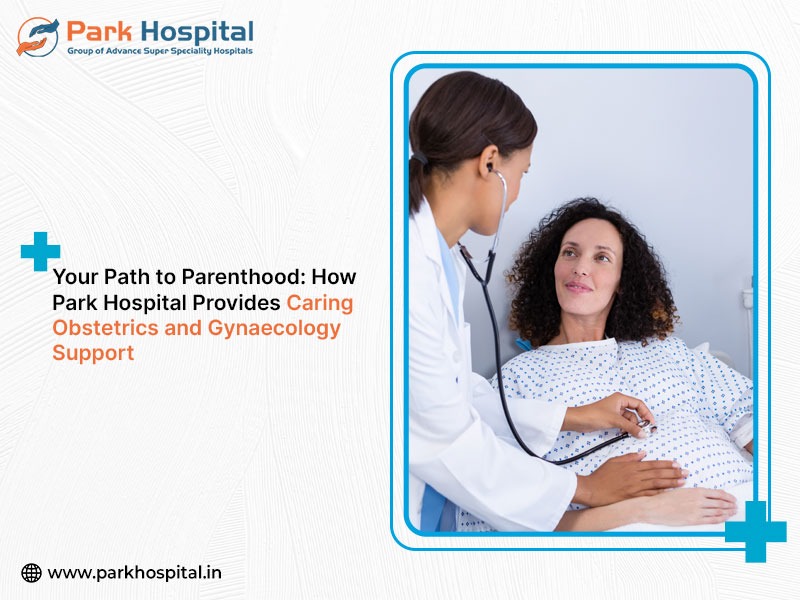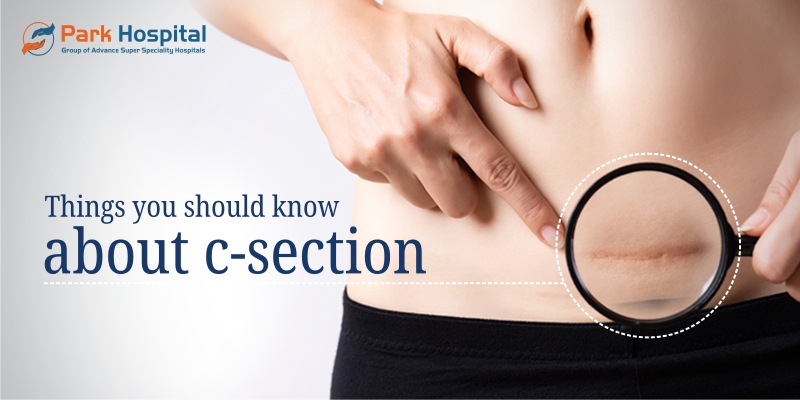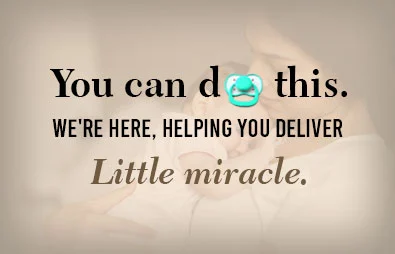Ovarian hyperstimulation syndrome (OHSS) is a condition caused by the ovaries� exaggerated reaction to the overabundance of hormones. The ovaries can become swollen and painful and sometimes lead to the leak of fluid in this condition.
It usually occurs in women who are taking injectable hormonal medications to stimulate the development of eggs in the ovaries. Ovarian hyperstimulation syndrome may also occur in women undergoing In-vitro Fertilization (IVF) or Ovulation Induction with injectable medications. There is very little chance of OHSS even with medications taken by mouth but it is almost negligible.
Causes and Symptoms
HCG, a hormone called Human Chorionic Gonadotropin, created in the ovary during pregnancy is the main culprit behind OHSS. High levels of HCG rarely happen naturally, however, fertility treatments, especially those that involve injections of HCG, can overstimulate your ovaries.
The severity of the condition is determined by the type of symptoms the patient is exhibiting. Mild symptoms of OHSS include:-
- Weight gain
- Abdominal bloating and increased waist size
- Mild to moderate abdominal pain
- Vomiting and Nausea
- Diarrhea
- Tenderness around ovaries
Severe symptoms of Ovarian Hyperstimulation Syndrome include:-
- Rapid weight gain
- Severe abdominal pain
- Severe; persistent nausea and vomiting
- Blood clots
- Decreased urination
- Shortness of breath
- Tight or enlarged abdomen
Early treatment of OHSS is recommended, thus one should visit a doctor if faced with mild symptoms. Quick resolution can help avoid the severity of the condition.
Diagnosis and Treatment
If you are getting fertility treatments and happen to have any of the symptoms, contact your doctor immediately. The following methods might be applied for the diagnosis of ovarian hyperstimulation syndrome:-
- Physical examination.
- Electronic imaging, like ultrasounds and x-rays to locate leakage of fluid and severity of swelling. OHSS becomes severe when fluid begins to leak into the abdomen and torso.
- Blood tests are required to measure hormone levels, abnormalities in your blood, and if your kidneys are being affected by the swollen, leaking ovaries.
Risk Factors, Treatment and Prevention
There are no clear cut and defined risk factors for OHSS, but some factors which can aggravate the condition are:-
- PCOD- a common reproductive disorder that causes irregular menstrual periods, excess hair growth, and unusual appearance of the ovaries on ultrasound examination
- A large number of follicles in ovaries
- Age under 35
- Low body weight
- increased levels of oestradiol (oestrogen) before an HCG trigger shot
- Previous episodes of OHSS
- Caffeine and Alcohol
Severe OHSS can lead to complications like fluid accumulation in the chest and abdomen, kidney failure, internal bleeding due to ruptured cyst, and miscarriage.
To decrease the chance of getting ovarian hyperstimulation syndrome the fertility medication plan must be adapted according to the individual. Frequent ultrasounds and blood tests are recommended to keep track of HCG hormone levels in the body.
If your oestrogen level is high or you have a large number of developed follicles, your provider may have you stop injectable medications and wait a few days before giving HCG, which triggers ovulation. This is known as coasting.
Treatments for OHSS include a comprehensive rest and recuperation regimen with an increased intake of fluids recommended. Pain relievers are prescribed and other medicines can be given to control ovarian activity.
In case of leaked fluids in the abdomen, manual drainage is performed via syringes.
If you are having symptoms of ovarian hyperstimulation syndrome mentioned above, then immediately contact your gynecologist, Park Hospital Palam Vihar has a team of the best Gynecologists in Palam Vihar. Book your appointment today!

